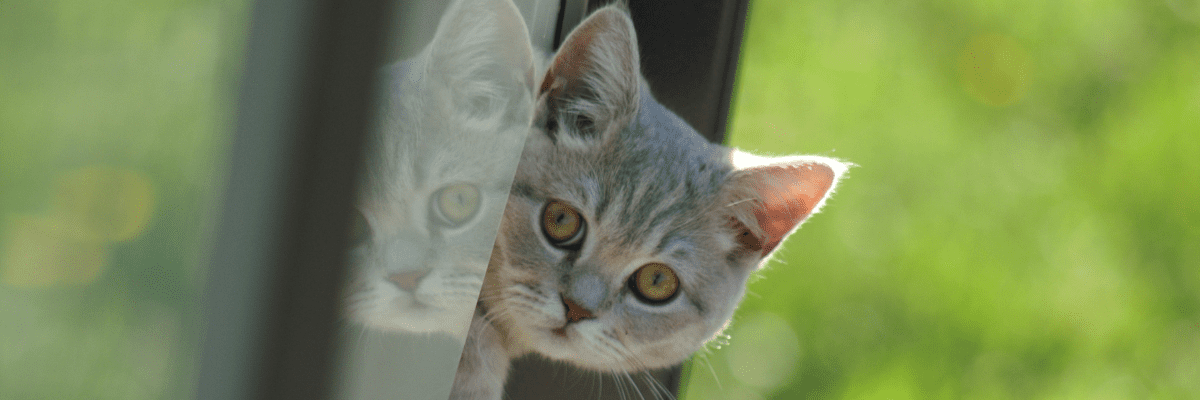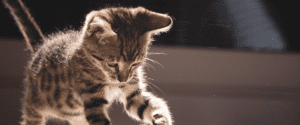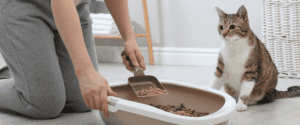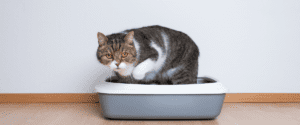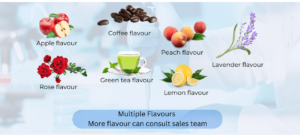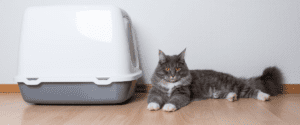Meta Description:
Learn the essentials of sourcing and pricing wholesale plant-based cat litter, including strategies for reliable suppliers and cost considerations. A must-read for savvy cat litter wholesalers.
Introduction
The demand for eco-friendly products has skyrocketed, and the cat litter industry is no exception. Wholesale plant-based cat litter has emerged as a top choice for distributors and retailers aiming to provide environmentally sustainable, high-performing options to their customers. This guide explores the critical aspects of sourcing and pricing wholesale plant-based cat litter, with insights into choosing reliable suppliers and cost-effective strategies.
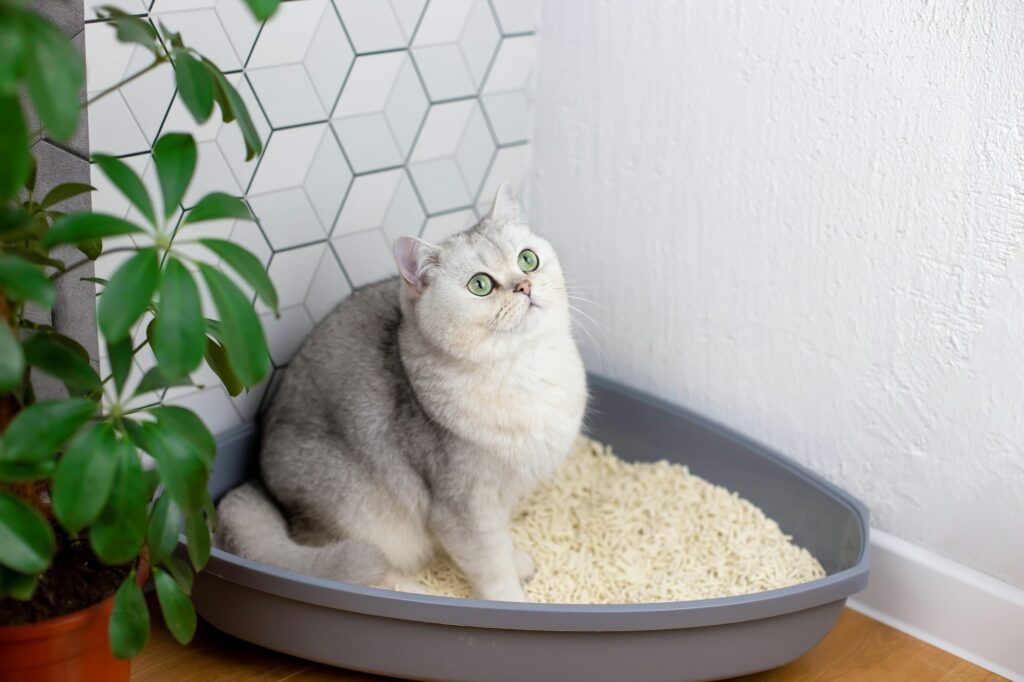
For wholesalers and businesses focused on eco-friendly products, making informed choices is key. Read on to navigate the essentials of wholesale plant-based cat litter and get insights into how to create a pricing structure that works for both your business and your eco-conscious customers.
Why Choose Plant-Based Cat Litter?
Plant-based cat litter offers multiple benefits:
- Eco-Friendly and Biodegradable: Plant-based litters, often made from renewable sources like corn, wheat, tofu, or recycled paper, decompose more quickly than traditional clay-based options.
- Low Dust and Chemical-Free: These litters generally contain no added chemicals, making them a safer choice for pets and humans.
- Odor Control and Absorbency: Many plant-based options are highly absorbent and naturally control odor, a top consideration for cat owners.

Considering these benefits, businesses are increasingly leaning towards eco-friendly and wholesale plant-based cat litter options to meet customer demand.
Key Factors in Sourcing Plant-Based Cat Litter
Finding the right suppliers can be a game-changer for your business. Here’s what to look for:
1. Quality and Consistency
- Check Composition: Ensure the cat litter is made from high-quality plant materials that don’t crumble or create excessive dust.
- Test Odor Control and Clumping: Quality plant-based litter should control odors effectively and offer easy clumping for cleaning.
- Consistent Sourcing: A reliable supplier will have steady access to materials, allowing for consistent quality across orders.

2. Certifications and Standards
- Eco-Certifications: Look for certifications that verify the eco-friendly nature of the product. Examples include certifications for being biodegradable, sustainable, or organic.
- Safety Standards: Ensure the supplier meets safety standards specific to pet products, such as avoiding harmful chemicals.
3. Supplier Reliability and Reputation
- Check Reviews and References: Speak to current clients of the supplier if possible, or review their ratings.
- Lead Times and Order Fulfillment: Ensure the supplier can meet your business’s order schedule, especially during high-demand periods.
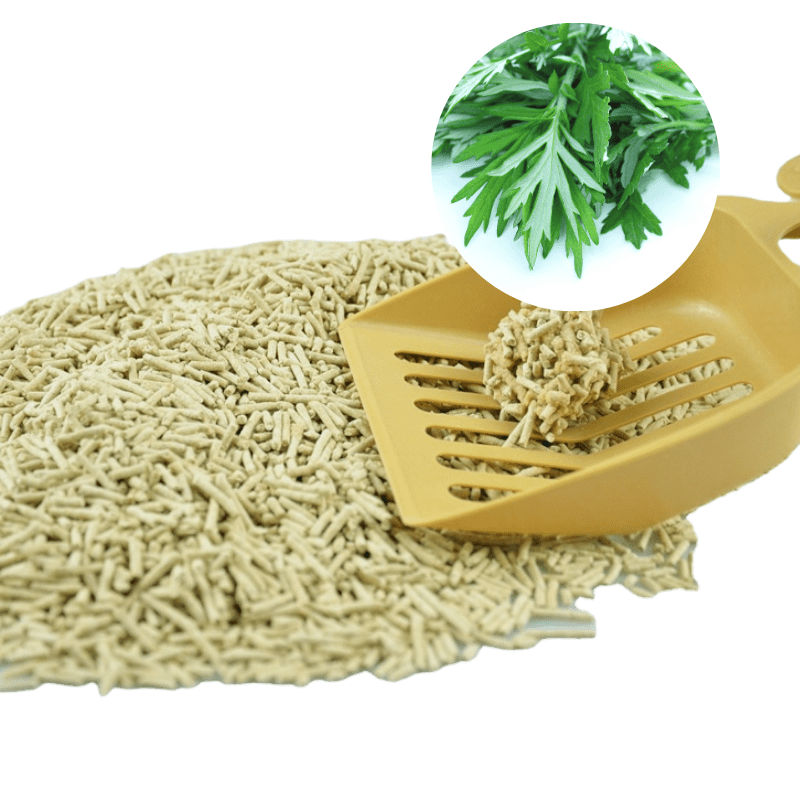
4. Customization and Private Label Options
- OEM/ODM Capabilities: For wholesalers looking to create a unique brand, OEM (Original Equipment Manufacturer) and ODM (Original Design Manufacturer) options can provide flexibility.
- Custom Blends and Packaging: Many suppliers offer the option to create custom blends or branded packaging, making it easier to cater to niche markets.
Pricing Strategies for Wholesale Plant-Based Cat Litter
Establishing a competitive and profitable pricing structure is essential for success in the wholesale market. Here are strategies to consider:
1. Understand Market Rates
- Benchmarking Competitors: Research similar products within your target market to understand average pricing.
- Seasonal Price Variations: Be aware of fluctuations due to raw material availability, especially for ingredients like corn or wheat, which may be subject to seasonal changes.

2. Cost-Plus Pricing
- Calculate Total Costs: Include the costs of production, packaging, shipping, and any customizations. Add a reasonable margin based on the market demand.
- Bulk Order Discounts: Offer discounts for larger orders to attract big retailers or distributors.
3. Tiered Pricing
- Volume-Based Discounts: Offer tiered pricing where the unit price decreases with larger quantities.
- Incentives for Repeat Orders: Encourage loyalty by offering discounted pricing to customers who regularly place orders.
4. Shipping and Logistics Considerations
- Optimize Shipping Costs: Work with suppliers who can offer competitive shipping rates or have a strong logistics network.
- Geographic Pricing: Adjust prices based on the destination to account for varying shipping costs.
Finding Reliable Wholesale Suppliers
Sourcing high-quality, eco-friendly cat litter requires diligent research and relationship building with suppliers. Here are effective ways to locate trustworthy suppliers:
1. Trade Shows and Expos
- Pet Industry Trade Shows: Events like Interzoo or the Global Pet Expo offer a chance to meet suppliers face-to-face and assess the quality firsthand.
- Eco-Friendly Product Expos: Specialized expos for sustainable products can also be excellent resources.

2. Online B2B Marketplaces
- Platforms like Alibaba or Global Sources: These websites allow you to compare multiple suppliers based on reviews, product quality, and order capabilities.
- Supplier Verification Services: Some B2B platforms offer verification badges or inspection reports, which can help in identifying legitimate suppliers.
3. Supplier Audits and Third-Party Verification
- Visit the Facility: If feasible, visit the supplier’s manufacturing facility to verify their production processes.
- Independent Testing Labs: Use third-party testing services to ensure the product’s quality and compliance with environmental standards.
What to Expect in Wholesale Plant-Based Cat Litter Pricing
Wholesale prices for plant-based cat litter can vary depending on material, region, and order volume. To give you a ballpark:
- Basic Options (e.g., Tofu, Wheat): Prices generally range from $200 to $300 per metric ton.
- Premium Blends (e.g., Mixed Organic Materials): Prices can be higher, around $300 to $400 per metric ton.
- Customization and Private Labeling: Expect additional fees for branding, customized blends, or packaging.
Note: Prices can fluctuate, so maintain close contact with suppliers for up-to-date quotes. Additionally, look for suppliers offering volume-based discounts to secure more favorable pricing.
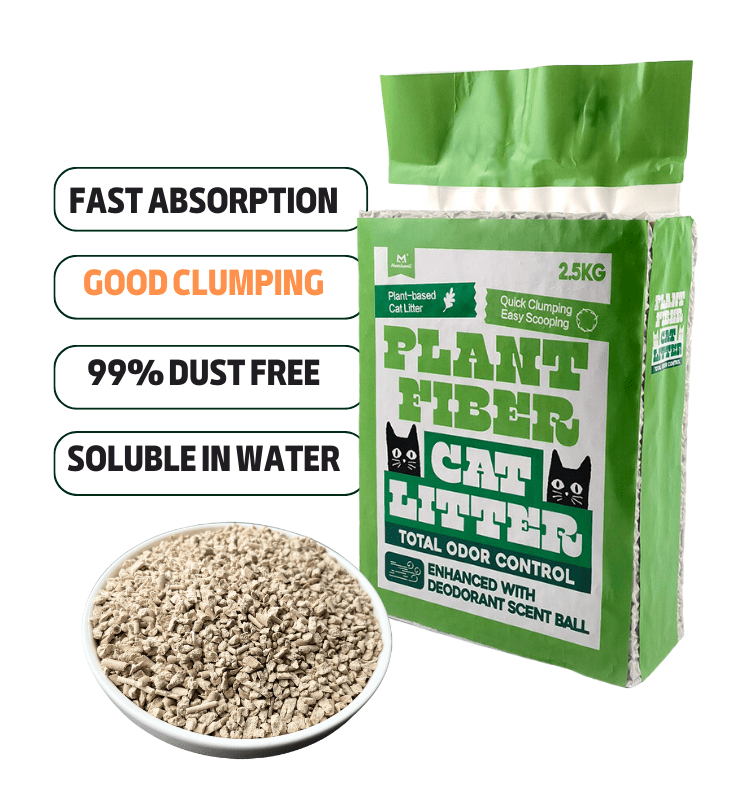
Tips for Building Long-Term Supplier Relationships
Developing a strong partnership with suppliers can lead to better pricing, priority on orders, and access to the latest product innovations. Here’s how to foster these connections:
1. Transparent Communication
- Discuss Expectations Upfront: Clarity on order timelines, pricing, and quality standards prevents misunderstandings.
- Be Open About Challenges: If any issues arise (e.g., supply chain delays), communicate them promptly to maintain trust.
2. Flexible Contracts
- Negotiate Contract Terms: Secure flexibility within contracts, especially for order adjustments or renewal terms.
- Long-Term Agreements: Consider long-term contracts for stable pricing, especially with suppliers who offer volume discounts.

3. Frequent Quality Reviews
- Set Up Regular Evaluations: Schedule periodic assessments of product quality to ensure standards are consistently met.
- Engage Third-Party Inspectors: For overseas suppliers, regular quality checks by third-party inspectors can prevent issues and maintain product integrity.
Conclusion
The wholesale market for plant-based cat litter is poised for growth, driven by eco-conscious consumers and innovative product options. To thrive in this market, understanding sourcing, pricing, and supplier relationships is essential. By following the strategies outlined in this guide, your business can offer a competitive product lineup that appeals to environmentally aware cat owners and retailers alike.
For more information on eco-friendly cat litter options and customizations, visit SnappyScooper.com, a dedicated plant-based cat litter manufacturer focused on sustainable and high-quality solutions for businesses worldwide.
By prioritizing these steps, you’ll be better equipped to source reliable, cost-effective plant-based cat litter solutions that meet market demand and set your business apart. Let’s make eco-friendly cat litter a standard choice in households everywhere!
